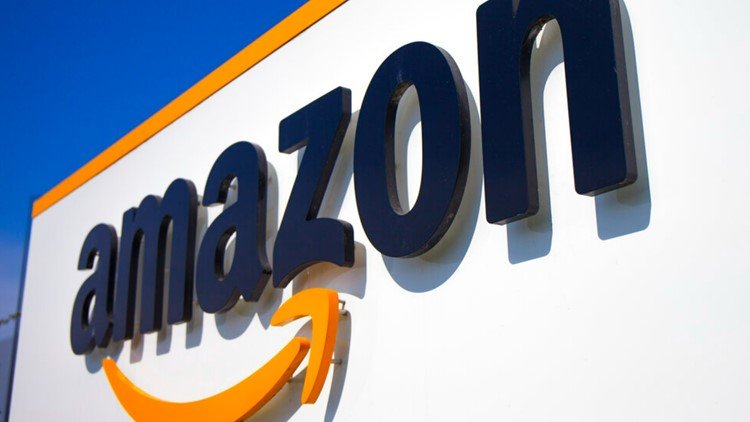Amazon's recent wave of mega-mergers has undeniably expanded the company's influence and reach, but it also brings with it a set of concerns that could have far-reaching consequences for consumers. These acquisitions, while strategically beneficial for Amazon, are raising significant questions about the long-term effects on competition, pricing, and consumer choice.
At the core of these concerns is the issue of reduced competition. As Amazon continues to acquire companies across various sectors, it increasingly positions itself as a dominant force in the marketplace. This dominance could stifle competition, as smaller companies find it increasingly difficult to compete with Amazon's vast resources and market presence. With fewer competitors, Amazon could potentially set higher prices for its products and services, leading to less favorable outcomes for consumers who may find themselves with fewer alternatives.
The convenience that Amazon’s vast ecosystem offers is undeniable. With a single platform, consumers can access a wide array of products, from groceries to electronics, and even financial services. However, this convenience may come at a hidden cost. As Amazon consolidates more power through these mergers, it gains more control over pricing and product availability. This could lead to a scenario where consumers are forced to pay higher prices due to the lack of competition, and the diversity of available products could diminish as Amazon prioritizes its own brands or those of its newly acquired companies.
Moreover, there are concerns about how these mergers impact consumer data. As Amazon expands its reach into different sectors, it gains access to even more data about its users. While this data can be used to enhance the consumer experience by personalizing recommendations and streamlining services, it also raises significant privacy concerns. With more control over consumer data, Amazon could potentially exploit this information in ways that benefit the company at the expense of consumer privacy and autonomy.
The broader implications of these mega-mergers extend beyond just pricing and competition. They touch on issues of market fairness and consumer rights. If Amazon continues to grow unchecked, it could lead to a monopolistic environment where the company’s influence becomes so pervasive that it dictates terms not only to consumers but also to suppliers, manufacturers, and even regulatory bodies. This concentration of power could make it increasingly difficult for new entrants to the market, further entrenching Amazon’s position and reducing the dynamic nature of the marketplace.
For consumers, this trend necessitates a closer examination of the long-term impact of Amazon’s business strategies. While the immediate benefits of Amazon's one-stop-shop convenience are clear, the potential for reduced competition, higher prices, and diminished consumer choice presents a troubling picture. It’s essential for regulators, consumers, and industry observers to scrutinize these mergers and advocate for measures that ensure a fair and competitive market.
As Amazon continues to expand through acquisitions, the need for vigilant oversight becomes more critical. The company’s ability to shape the marketplace could have lasting effects on consumer welfare, making it essential to balance the convenience and efficiency Amazon offers with the need to protect consumers from potential exploitation and ensure a diverse and competitive market. In this evolving landscape, the hidden flaws of Amazon's mega-mergers must not be overlooked, as they hold significant implications for the future of consumer rights and market health.



